Rochelle Jordan: A Diva Reimagined and Breaking Through
The Breakthrough Issue cover star is stepping fully into her power with her most fearless album yet.
If you’ve been following Rochelle Jordan since the SoundCloud era, you know. You know she’s been that girl: the one quietly laying the blueprint while everyone else was catching up. And if you’re just discovering her now because “Lowkey” randomly went viral on your timeline in 2024 (a full decade after it dropped), well, welcome to the club. Either way, her new album Through The Wall feels like watching someone step fully into their power.
And honestly? It’s about time we all paid attention. That’s why Rochelle Jordan is the cover star for our Breakthrough Issue.
When we connected on a late September afternoon, Rochelle’s energy was infectious. She’s in her diva era, as she puts it, and you can hear it in every corner of her new album Through The Wall. The big hair in the visuals, the fearless vocals, and the experimental and pulsing production from longtime collaborators like KLSH & Kaytranada. “I’m stepping into my power and being playful and being excitable and singing very loudly and proudly,” she tells me. And yeah, you can absolutely hear it.
Twinkle, Twinkle Little Star
Rochelle’s music origin story is almost painfully wholesome. Picture this: third grade, sitting in a semicircle, teacher dividing the class into three groups to sing “Twinkle, Twinkle Little Star” in rounds. She was in the third group, and when everyone started harmonizing together, something just clicked.
“Melodies and harmonies basically exploded in my mind,” she remembers. “I was like, what is this magic? What is this sound? The concept of music dawned on me, and from that point I was never the same.”
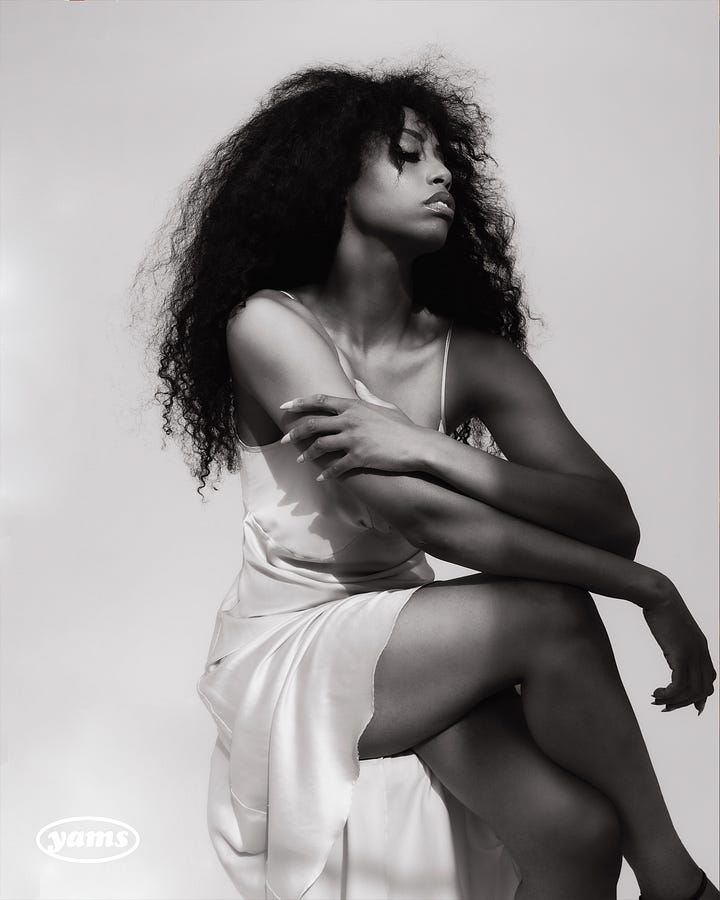
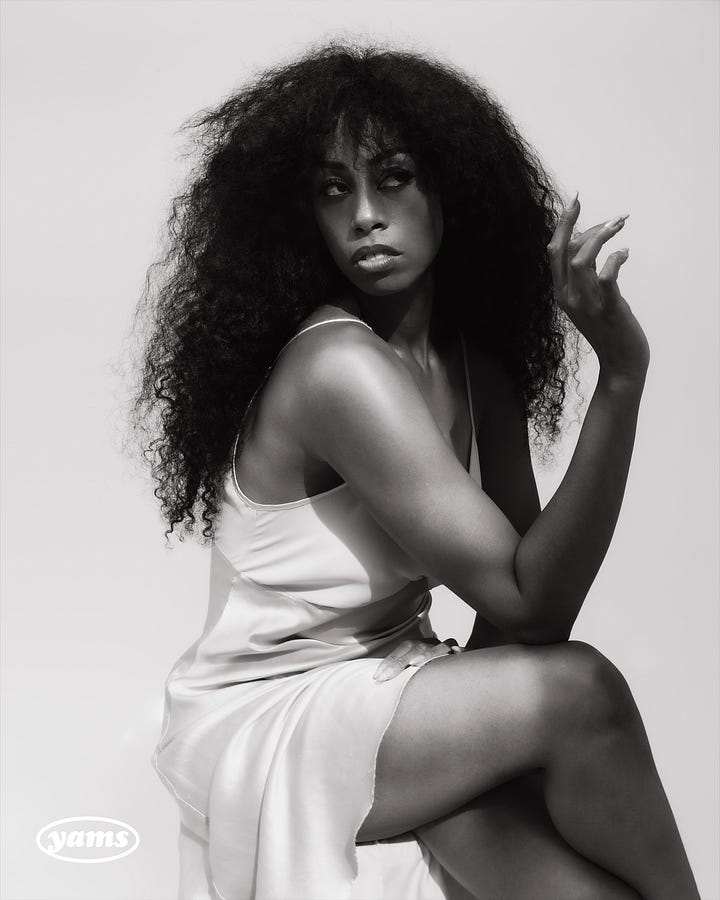
By the time she was 16, she was serious about music. Amerie’s All I Have was the album that made her say, “Alright, I’m doing this thing.” But the real turning point came when she was 20 and uploading videos to YouTube nonstop, not even checking her DMs. One day, she noticed something bright red in the corner of her screen. Several messages from someone named KLSH (pronounced “clash”). She clicked through to his MySpace page, and that was it. “This guy is crazy,” she thought. “This is my producer.”
She had been searching for someone in Toronto who could match her vision: something “jarring and like to the left,” inspired by The Neptunes, Aaliyah, and Timbaland. “No one really had the sound I was going for,” she says. But KLSH did. And from that point on, they worked at building something that would quietly influence a generation of artists, whether those artists admit it or not.
The Toronto Thing
We have to talk about the Toronto R&B scene for a second, because Rochelle was there. When The Weeknd was still a mystery (people thought he was a band at first). When Drake and 40 were creating that “airy and watery” sound that would become synonymous with the city. When PARTYNEXTDOOR was doing his thing.
“We recognized what 40 and Drake were doing to music across the board and that Toronto sound,” she explains. “With me coming out with a very heavy nineties sound, I was trying to sculpt that, and figure out how we could push that to the future.”
She was part of a wave alongside artists like Tinashe, Kelela, and FKA twigs — all women making R&B that refused to stay in its lane. “The ones who knew knew,” she says of that SoundCloud era. “It was a hub of us.”
Rochelle’s influences? A beautiful melting pot: Janet and Michael Jackson, Mariah Carey, Aaliyah, Whitney Houston. There was also the Spice Girls, Avril Lavigne, and Artful Dodger. She grew up in the nineties when “the music was eating,” and she takes serious pride in carrying that essence forward.
Seven Quiet Years That Weren’t Quiet at All
Her 2014 debut album, 1021, stamped her identity. “How to Feel,” a song she wrote about an ex, caught fire on the blogs and pulled new listeners into her world. Fans got it instantly; the industry didn’t always know what to do with it. Things felt off. “Some of the people who were our support system in the industry at that time, they kind of walked away,” she admits. “We felt a little bit snubbed.”
What followed was seven years before her next album, Play With the Changes, and she’s open about how hard that period was. As an independent artist, she found herself navigating a business ecosystem designed to make artists dependent. Management that didn’t understand her vision. A&Rs who wanted to fit her into familiar boxes. The slow realization that even well-intentioned gatekeepers could stunt her growth.
“I had to go through a transition to really understand how much strength you need, how much mental strength you need as a woman in this industry,” she explains. “There’s a certain dynamic that began where I started feeling like I was working for this person now versus this person working for me.”
The stress manifested physically. The anxiety was real. But so was the music she kept creating through it all. When she finally put her foot down — ”I had to push and say fuck off,” she laughs — her sophomore album Play With the Changes emerged as proof that she’d survived the worst of it.
Through The Wall: The Breakthrough
The album title Through The Wall came to her pretty early, right after Play With The Changes. She knew she was still breaking through walls she’d built in her own mind. Walls that come with being independent, with not having the same resources as major label artists, with watching your influence show up in bigger people’s music while you’re still grinding.
“Major label creatives are always looking at independent artists for sources of inspiration to take and use for their own artists,” she says, and her fans have definitely been pointing it out. “To not have the resources to put myself up on such a high platform is very difficult.”
But Through The Wall isn’t about bitterness: it’s about breakthrough. Rochelle went into the album with a new directive:
“I look in the mirror and tell myself: ‘Look at the footprints that you’ve left. Look at the blocks that you built.’ I’m one of very few artists that have been able to do this independently — to have such a diehard fan base but to have also kept quality and the growth being bigger and better each time.”
And that realization shifted everything. She went into Through The Wall fully realized: as a diva, as a woman, as a seasoned artist who knows exactly who she is. “I feel like we could take on the world at this point,” she says. “I’m just like, yo, you are amazing. You’re crazy with it.”
When I tell her my favorites — ”Words to Say,” “The Boy,” “Sweet Sensation,” “Get It Off”—she lights up. “Get It Off” was especially a full-circle moment for her and KLSH.
“We wanted to ode back to the Neptunes,” she explains, thinking about all those Neptunes-produced records she was obsessed with when she and KLSH first started working together. “Natasha Ramos, Latrelle, Vanessa Marquez. When you talk about soul, but a unique soul, they just knew exactly what to do. And Pharrell and Chad, they knew how to make ‘em do it.”
Through The Wall has this intentionality around creating good feelings. When creating it, she and KLSH talked about how people need something to lean on right now — with social media overload, AI threatening to replace artists, and everything happening politically and socially.
“Things are becoming really tumultuous,” she says. “But there is still beauty. If you can separate yourself and go out into nature, there’s magic all around us. What was a hyper focus for KLSH and I was to bring magic out into this music. Enchantment, romance, making people want to dance, making them feel free.”
And: mission accomplished. The album genuinely feels like you’re on a dance floor having the time of your life, which is exactly what we need right now.
The Long Game
There was a particular vindication in watching 1021’s “Lowkey” go viral in 2024, a full decade after its release. For Jordan, it confirmed what she had always believed: music made with love, tenderness, and care would find its audience in time. The algorithm might favor the immediate, but authenticity has its own timeline.
“You can start to take a hit as an independent artist,” she admits, speaking candidly about imposter syndrome and the fear that creeps in when you don’t have major label machinery behind you. “But when I went into this new album, I was like, you know who you are now, Rochelle.”
Between talking about music, I had to know: what’s a typical day like for Rochelle Jordan? Turns out, she’s a sunrise person, a nature girl who needs to be by water multiple times a week, and a self-proclaimed lone wolf.
“I love my own company. I think that might be the little bit of Scorpio that I have in me,” she laughs. “I’m a ‘I want you to call me and invite me so I can say no’ person.”
She’s always creating: painting, working on voice reels for video game and cartoon voiceover work, playing Destiny 2 (she’s a heavy Gambit girl). She describes herself as spiritual, god-fearing, and artist-first in everything. “Anything that can feed the artist in me is what I live by.”
Her current playlist? The Weeknd, Jhené Aiko, Janet Jackson, and a little Doja Cat. But mostly, she’s revisiting what she grew up on. The day we talked, she was planning an Amerie day — taking All I Have to the lake to remind herself why she fell in love with it in the first place. “And Mariah Carey too,” she adds. “I’m so excited for her new album [‘Here For It All’]. She is still THEE diva.”
Taking Up Space & Redefining The Map
Fearless isn’t about volume; it’s about persistence. Rochelle is clear-eyed about the space Black women occupy (and are denied) in electronic and pop contexts. “There are so many Black women who are pop stars by every measure except how the world labels them,” she says. The conversation continues to take place across the Internet, in podcasts, and in boardrooms. Meanwhile, the work is the proof.
“I want to make people think and imagine and reimagine. The world isn’t black and white: it’s gray.” That’s also why it matters that artists like Tinashe, Ravyn Lenae, and Rochelle herself — women with specific, unmistakable identities — are thriving in this digital era, where community can move culture without waiting on the old gatekeepers. More branches, more roots.
“I don’t know if 10 years ago we would’ve seen Ravyn Lenae have this big massive song the same size as a Taylor Swift,” I say. She agrees.
The House She Built
If there’s one thing that comes through clearly in talking to Rochelle, it’s that she knows what she’s done. Not in an arrogant way, but in the way someone who’s built something from scratch gets to stand back and appreciate their work.
When I ask her to describe her music in three words, she doesn’t hesitate: “Genre-bending, enchanting, and fearless.”
Through The Wall is all of that. It’s an artist who’s broken through every barrier, external and internal, and is now making music from a place of total freedom. No more imposter syndrome. No more walls. Just Rochelle Jordan, fully realized, making the music she wants to make, and inviting us all to feel free with her.
“I’m very proud of myself,” she says simply. “It took me a long time to get to this very point.”
And honestly? I’m so glad to be along for the ride.



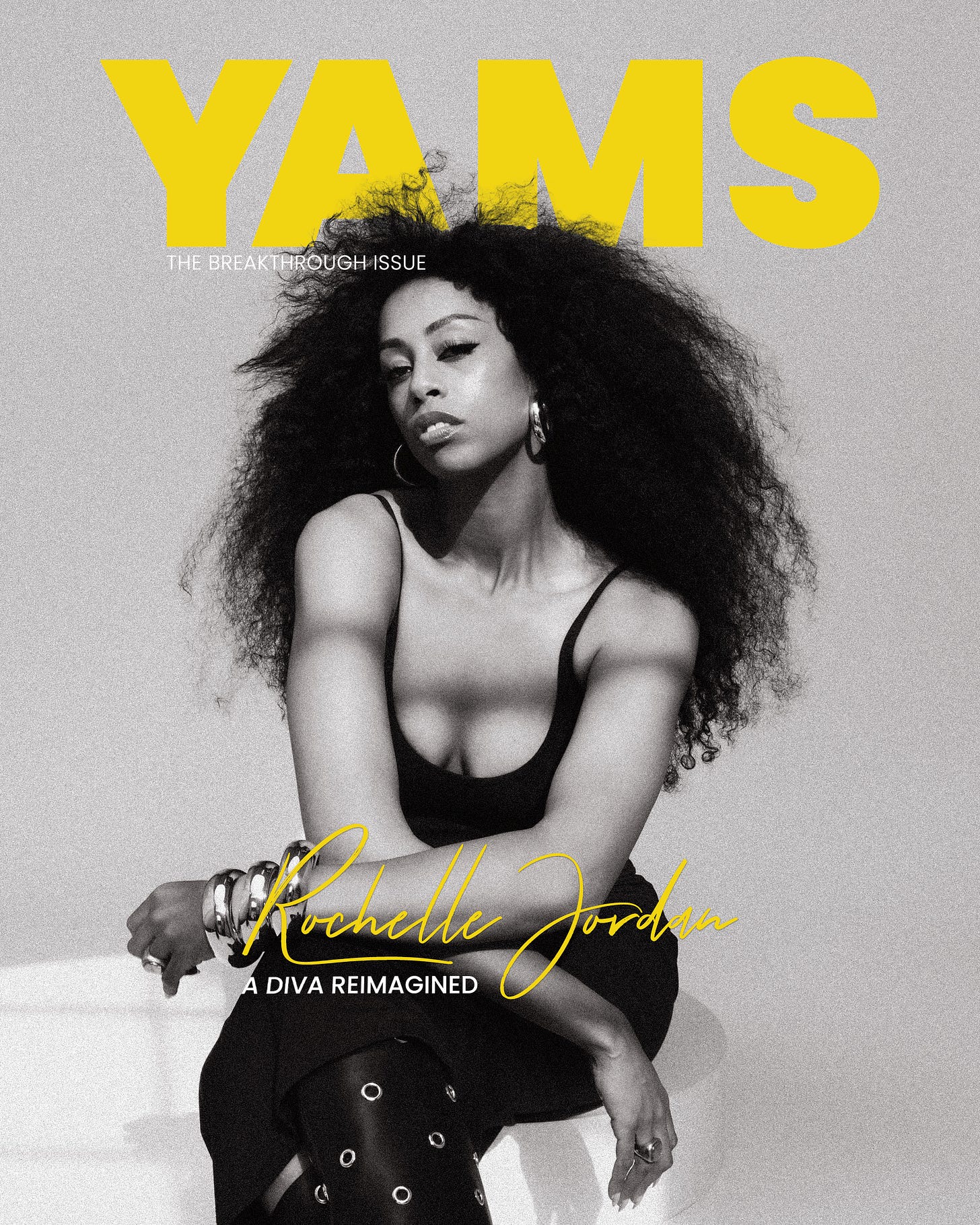
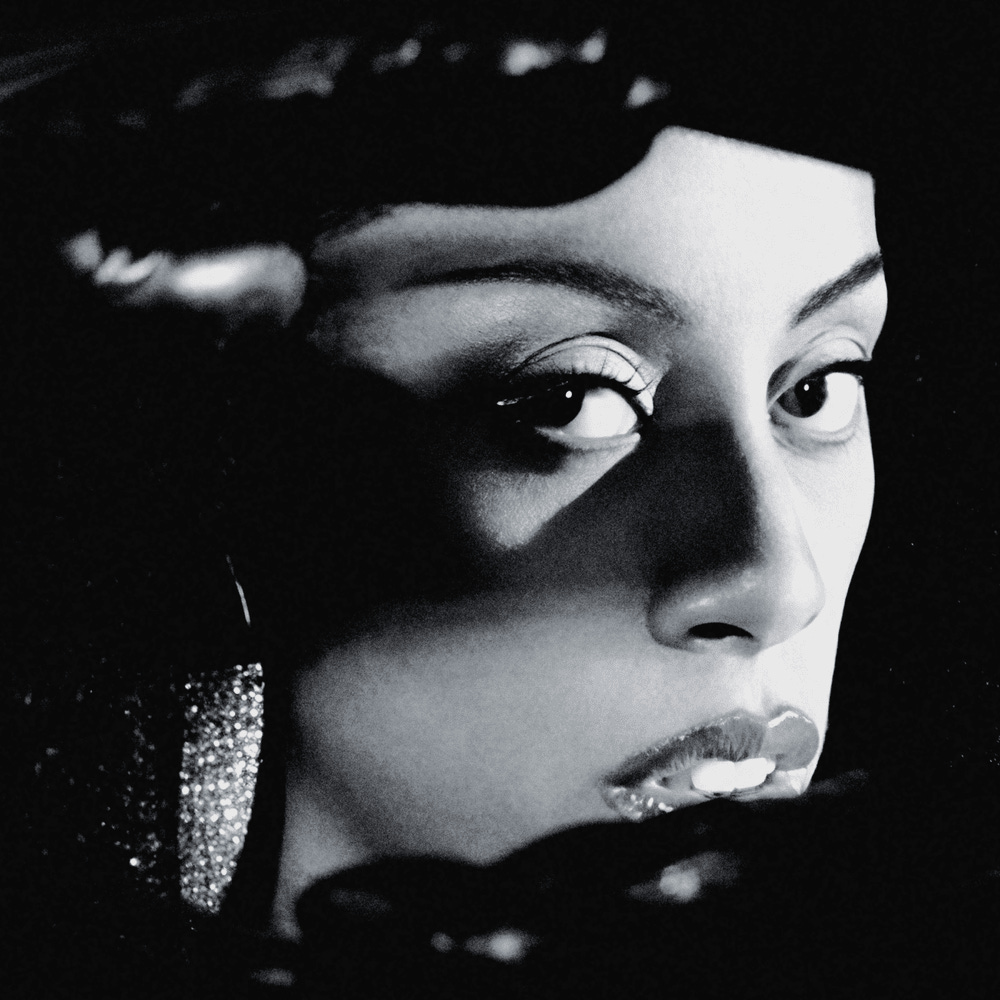
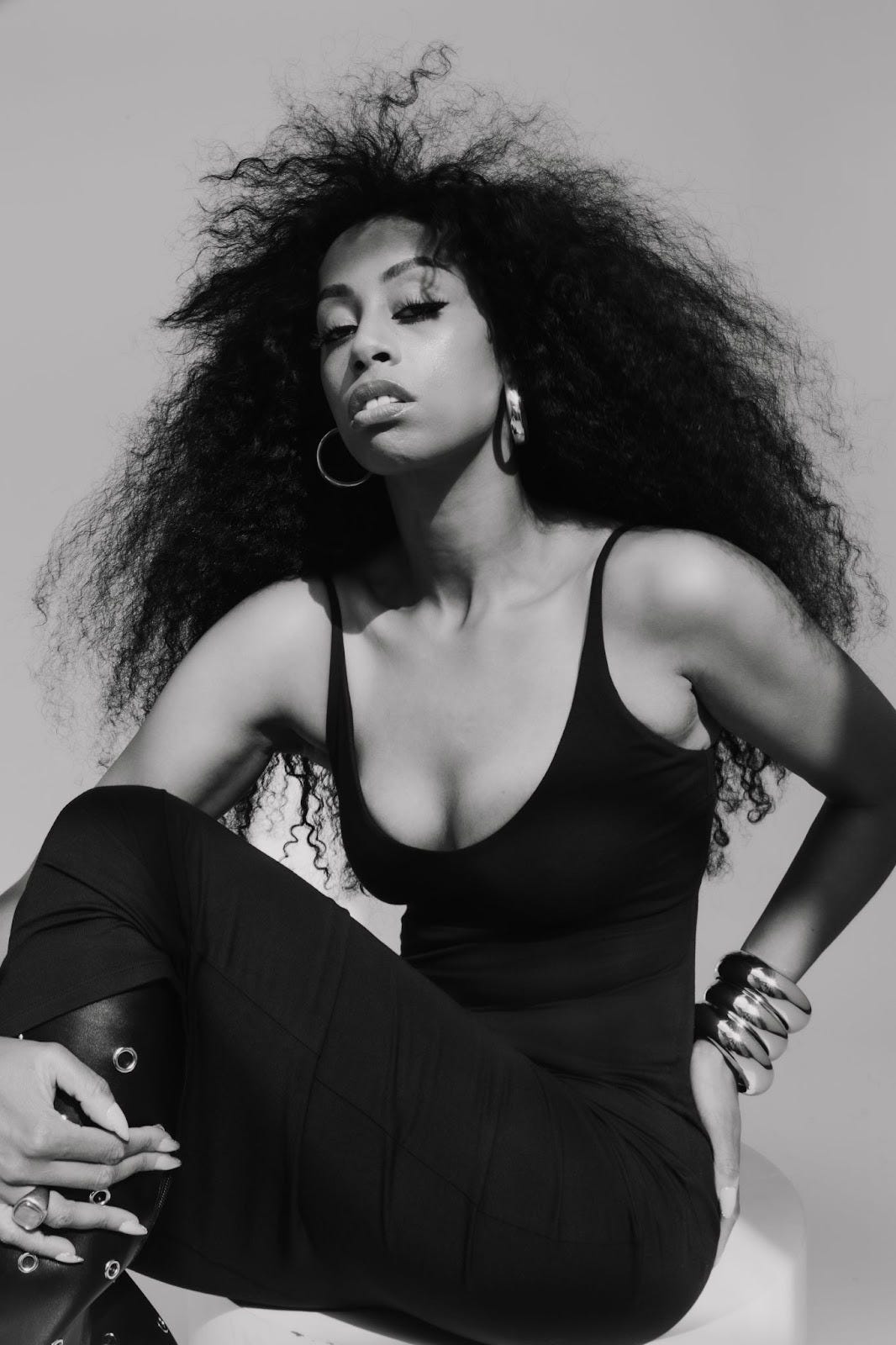
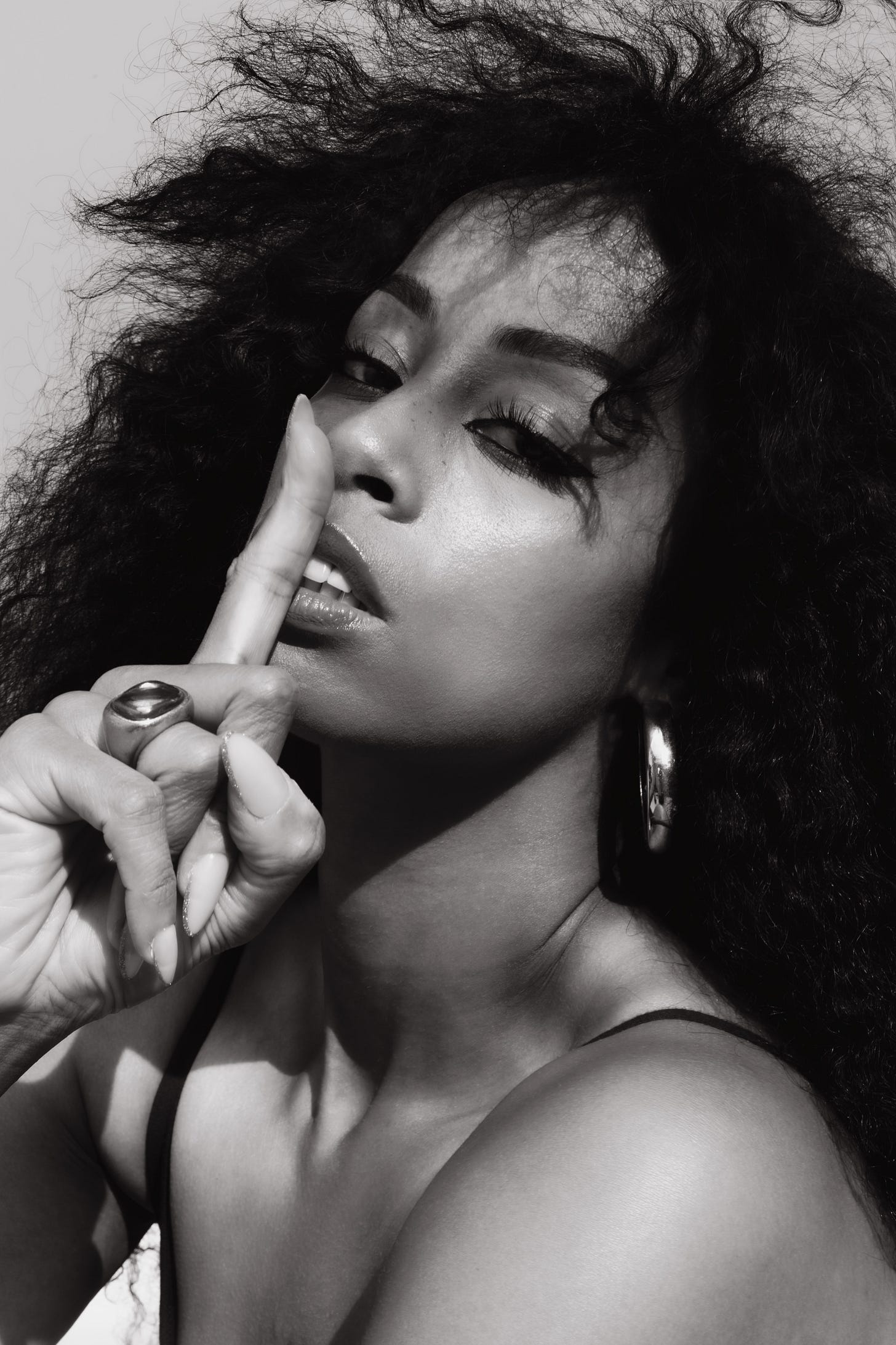

Her album is so good. Glad she's the newest feature!
Absolutely loved the album